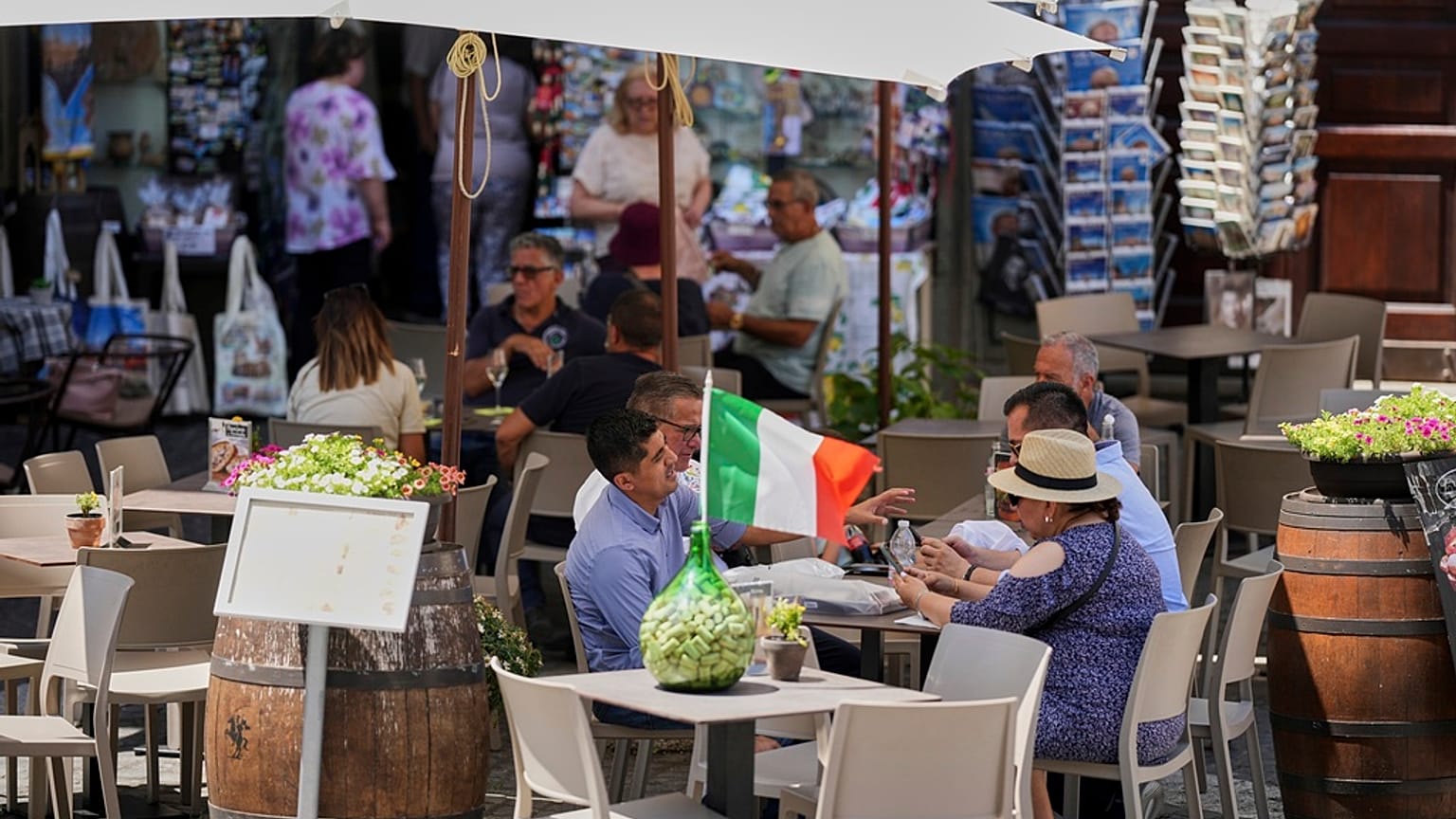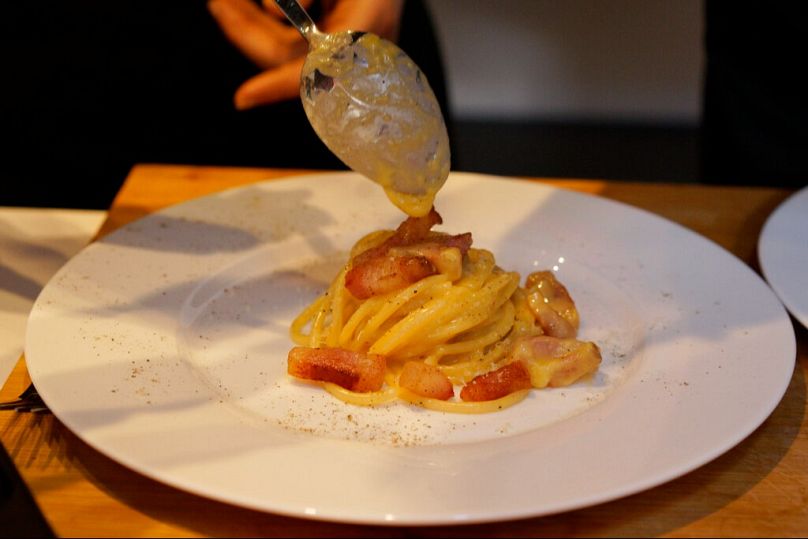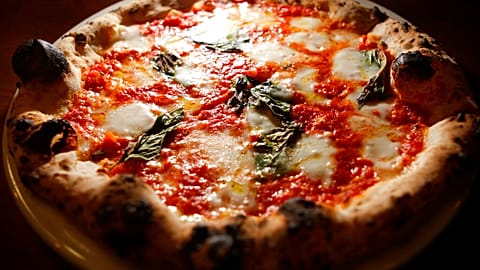The Italian government and the Association of Italian Municipalities (ANCI) have promoted the candidature of Italian cuisine as a Unesco Intangible Heritage Site. Italy already has 61 World Heritage Sites and 19 Intangible Heritage Sites
Look up cuisine in the dictionary and it's defined as a style or method of cooking, that especially characterises a particular country, region or establishment.
For Italy, however, that meaning is too narrow as authorities believe gathering around a table to eat is a convivial and family bonding ritual worthy of protection.
That's why the combined might of Italy's Ministry of Agriculture, Food Sovereignty and Forestry, the Ministry of Culture and the National Association of Italian Municipalities have launched a push to have Italian cuisine recognised by UNESCO intangible cultural heritage status.
The announcement came on Sunday across the country and at various Italian embassies around the world at an event entitled 'Sunday lunch-Italians at the table' where thousands of people were invited to sample traditional Italian dishes.
Rites of passage
"We are not nominating a way of cooking, even if all Italian regional cuisines would have the qualifications to be recognised as intangible heritage by Unesco, we are nominating a rite," said Francesco Lollobrigida, Minister of Agriculture, Food Sovereignty and Forestry.
"A rite that belongs to all of us, which starts with the choice of food, passes through the kitchen and lands on our tables where we still talk about what we are eating. This is what Italian cuisine is, it is ancient knowledge handed down, it is the joy of being together, of getting together and keeping family and friendship relationships alive. Sunday lunch is the highest expression of this cultural trait that the world envies us. Seeing so many people gathered in the Italian piazzas will be a great demonstration of what cuisine is for Italians,' Lollobrigida added.
Meloni: 'Italian cuisine is worth 250 billion euros worldwide'
Sentiments unsurprisingly shared by Italy's Prime Minister Giorgia Meloni who says keeping Sunday's special is crucial to the country's economy.
"I used to spend Sunday lunch with my grandparents, for me Sunday lunch is also linked to 'pastarelle', including the diplomat," said Meloni speaking on the RAI television programme 'Domenica In'.
"Italian cuisine is one of the most extraordinary things we have, which best tells of our culture, our identity, our tradition, our strength, but also our economy," because Italian cuisine is worth around €250 billion worldwide and we want to make it recognised," Meloni added.
"From haute cuisine to popular cuisine, Italy, due to its varied geographic characteristics and multiform historical stratifications, is embellished by an extraordinary plurality of ingredients, dishes, occasions, and rituals linked to eating. The history of food is the history of civilisation and culture. Italian cuisine reflects society, history, and our relationship with the territory: in addition to being an all-Italian peculiarity whose primacy has long been recognised all over the world,' commented the Minister of Culture Alessandro Giuli, 'We therefore support with the utmost conviction and participation the candidature of Italian cuisine as a Unesco intangible heritage'.
'Food is a pillar of our identity and a powerful social glue. There is no meal without sharing, there is no table without a story to tell. Getting together to eat is a ritual that unites generations, families and entire communities. It is from this deep bond that the idea of choosing Sunday lunch as a symbol to promote the candidature of Italian cuisine as a Unesco heritage site was born,' stressed Anci President and Mayor of Naples Gaetano Manfredi.
"With this initiative, which involves several municipalities and territories, we want to emphasise that our cuisine is much more than a simple culinary art: it is the expression of a popular and accessible culture, which encompasses ancient gestures, rituals and knowledge, enhancing the link between the land and people, and represents one of the main resources of our country's economy and culture," Manfredi added.
Italy's Unesco tangible and intangible heritage
In addition to being the country with the largest number of sites classified as UNESCO heritage in the world, with 61 sites scattered throughout the country, Italy also has 19 intangible heritages. The most recent of these are traditional bell art and the practice of opera singing.
A decision on whether Italy has made the coveted list is expected to be made in December.




















